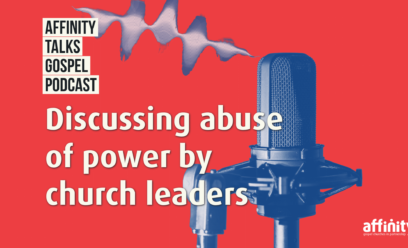That wedding sermon – one month on

Two billion people watched the Royal Wedding on 19 May and heard a passionate, eloquent and likeable man talk about God as the source of life and love, and tell us that if only we all could love each other more, the world would be a better place. The sermon at one point was provoking 40,000 tweets per minute and continues to be debated amongst Christians.
We have written here about the sermon itself and the different responses from Christians. But what of the lasting impact of the sermon on people’s attitudes towards Christianity or their engagement with the message of the gospel?
Theos, the Christian research organisation, have published a survey of about 2,000 adults on their response to the sermon – with interesting results.
It was encouraging that the sermon was appreciated as a good thing for a public occasion by many, but there was only a small group who were personally affected; amongst the young and un-churched there was a significant minority who would be more likely to attend church as result.
Sadly, the overall conclusion was that there has been very little long-term impact. The predominant response of those surveyed was ambivalence; they were not all that interested and did not have strong responses in any direction as a result of hearing the sermon.
I do not believe these results can be used to justify or critique the sermon or the preacher as such. A completely undisguised heretic might have provoked some interest in Christianity but that would not be a reason to invite them to preach at your church! If we surveyed some of our own congregations on a Sunday, their lack of enthusiasm would not be sufficient grounds to dismiss the pastor.
But I suggest that the survey results do indicate the task that we face as Christians. The general population are generally disinterested in Christianity. They have some awareness of the entertainment value of a sermon and the emotion and intrigue of human interest stories. But heart change by engaging with God himself is not high on their agenda. Yes, we can learn from the Bishop’s sermon that a well-presented, passionate speech about Christian faith can still provoke some sort of reaction but we need God to be at work for lasting change to happen. We need to pray for God’s Spirit to be provoking a spiritual hunger in many.
Perhaps this also points out what was lacking in the sermon – a call to turn around and start following Christ. Surely that would have provoked a little less apathy, perhaps even hostility, but at least a reaction that lasted longer than a tweet.
Graham Nicholls, Affinity Director
Stay connected with our monthly update
Sign up to receive the latest news from Affinity and our members, delivered straight to your inbox once a month.



